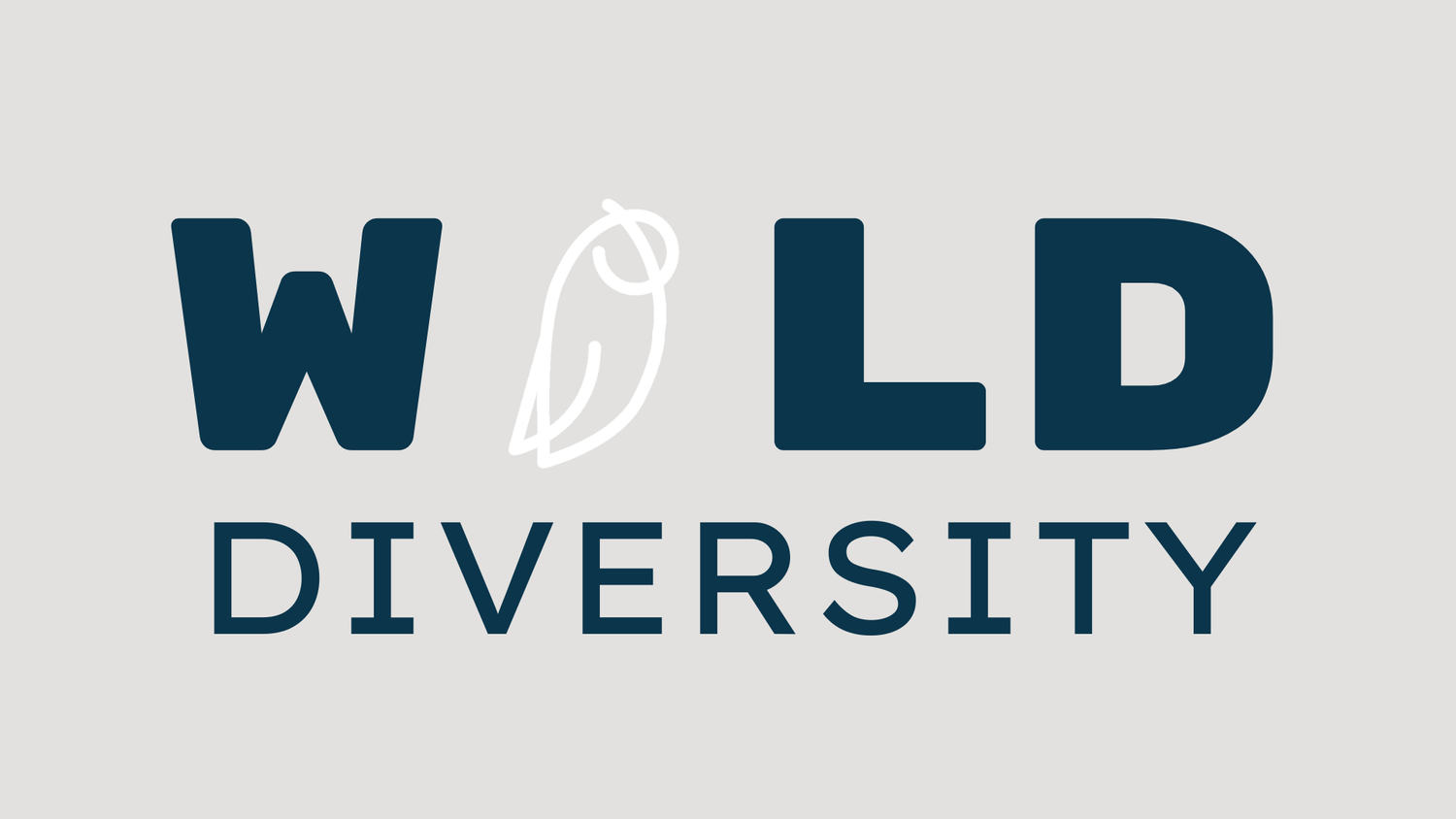The Ever-Evolving Definition of Fitness, Transness, and Outdoor Recreation | Skeeter Sato
CW: body image, eating disorder
I used to furiously exercise; I was angry at the world, and the elliptical in front of me, angry that I was moving in a body that wasn’t mine. My relationship to exercise became toxic when I started developing physically. As an AFAB (assigned female at birth), I was hyper-aware of my changing body, and was terrified of it. When my breasts started to grow and my hips no longer fit in my brother’s old Nike shorts, I started to run. I ran until my body started shutting down, I ran until I couldn’t feel my body any longer, I ran until my ankle broke and I ran until all I identified with was my mile PR and nothing else. I became a conglomerate of toxic numbers and terror — I didn’t want to keep running, but I was afraid that if I stopped, I would have to face my growing body.
After many years in treatment, a gap year before college, and numerous injuries, I finally slowed down, and started to enjoy less strenuous activities. My running career was over, and I was okay with that, but a voice in the back of my head always nudged me to wear “sweat vests” and to go to the gym even when I had bronchitis. When I found myself obsessing too much over the gym, I would back out, and sleep for weeks. It was a constant battle; exercise was either everything or nothing at all.
When I was a sophomore in college, I was assigned to lead a camping trip for first-years. I had never hiked before, much less slept outside before, and I was terrified. Thoughts of inadequacy ran through my mind; what if I wasn’t fast enough at hiking? What if I’m not good at camping? Those thoughts left my mind the moment I stepped foot on the trail. My co-leaders were exceptionally encouraging and immediately cultivated a space for folks to speak up when they got tired, to take breaks, to eat snacks, to tell stories, to enjoy the wilderness and look around.
The hikes we did during that trip never felt like an individual activity; rather, when we made it to the peak of San Jacinto, we all looked at each other and celebrated together. It took us many breaks and many check-ins and lots of laughter around the misery of the final push to the top, but it never felt competitive, and it was fun. After the trip, I felt elated, energetic, and ready for a long shower. I didn’t feel dejected, spiteful, or discouraged. I felt proud of my body and was grateful for my normally-hated hips for carrying a pack, and my normally-disgusted thighs for aiding me up a mountain. It was a life-changing moment, and I couldn’t get enough of it.
For the past three years, I have hiked, backpacked, and camped in many incredible and beautiful places. Some days, I’m out in the depths of the wilderness, lugging my pack up a steep mountain hoping to summit. Other days, I’m lying on a sleeping pad in the outskirts of Forest Park, listening to birds. Some weekends, I’m ultralight backpacking hoping to finish a 42 mile loop in Sequoia. Other weekends, my friends and I set up an elaborate campground right next to our car, playing Slapjack and listening to a never-ending playlist of Britney songs, with beers, burgers, and laughter in our bellies. All of those trips are as validly “outdoorsy” as the other.
All of those trips are meant to feel good and at home in my body. I am not ashamed of turning back when my body feels too tired, and have become much more aware of toxic thoughts. I am confident enough to tell others when I’m tired, and to eat a snack if I’m feeling a bit low on energy. I am not striving to hike the fastest, to “conquer” the mountain, or to persevere despite an injury. I am striving to be more forgiving, more compassionate, and less angry — to myself and to others. I am striving to love and care for myself and the space and community around me. To me, outdoor recreation is communal, rather than individualistic; in this sense, it is crucial to be fluid about the definition of fitness, especially when outdoors.
I am so lucky that I have the option to pursue such a variety of outdoor trips, and hope to provide those same experiences to folks who don’t have the resources to do so. Being outdoors has been incredibly healing to my constantly changing, evolving, non-cis body. It has opened up many avenues of exploration; both through different types of communities and spaces and within myself. I cannot wait to expand my community, meet more folks, and emphasize that outdoor recreation is whatever you make it to be and whatever your body feels best doing. Our bodies change day to day, so why shouldn’t the ways we move them?


